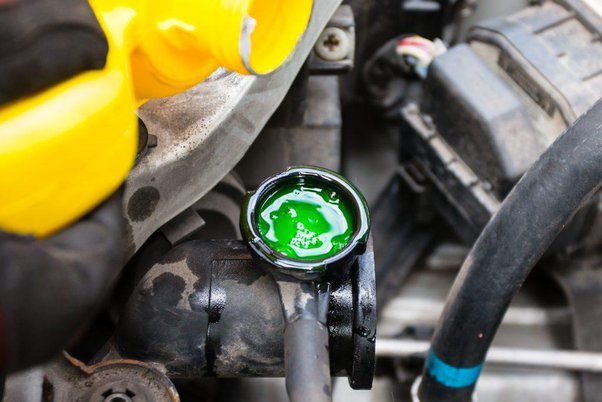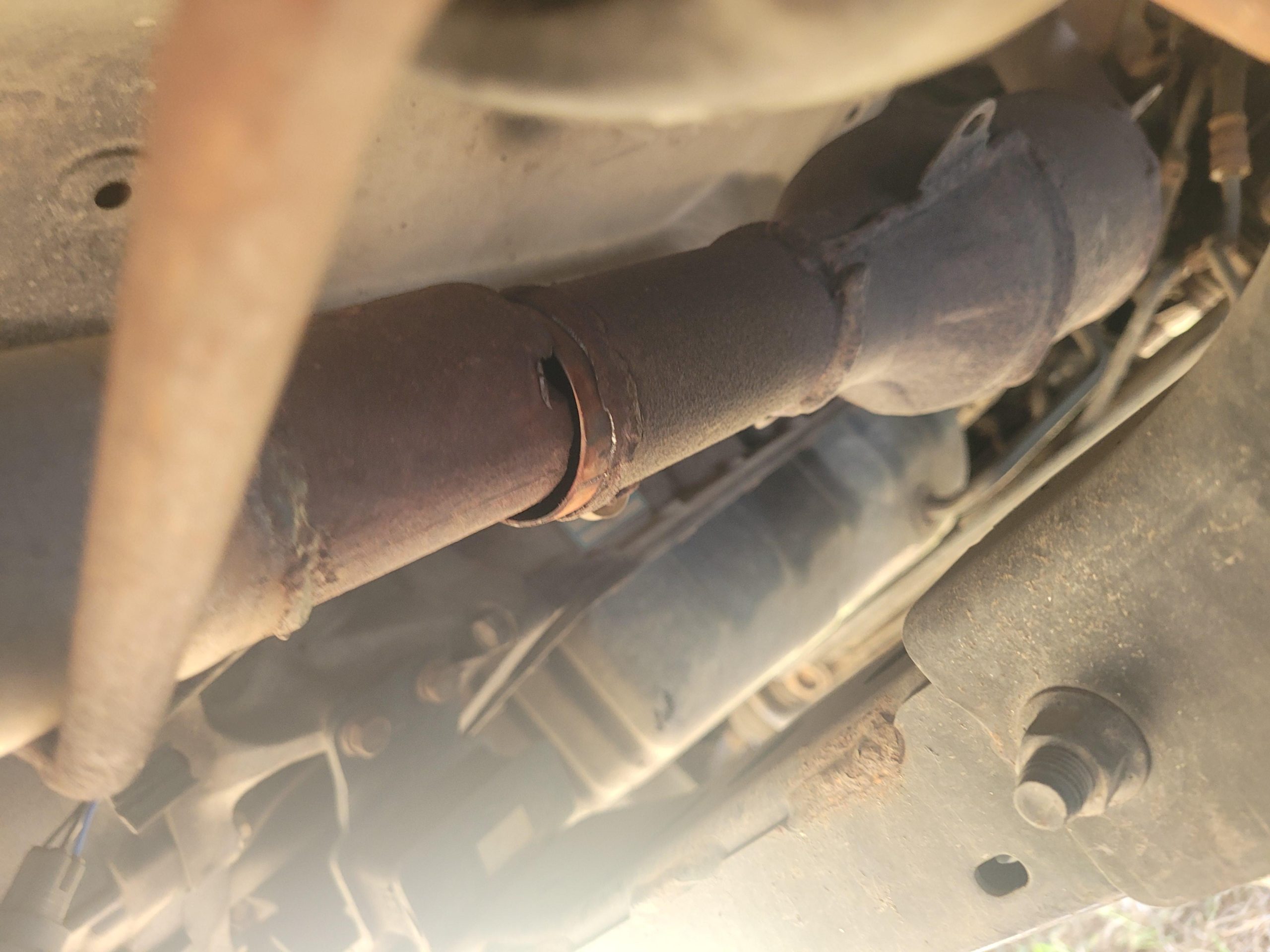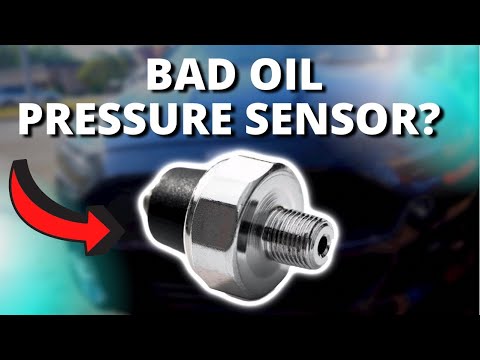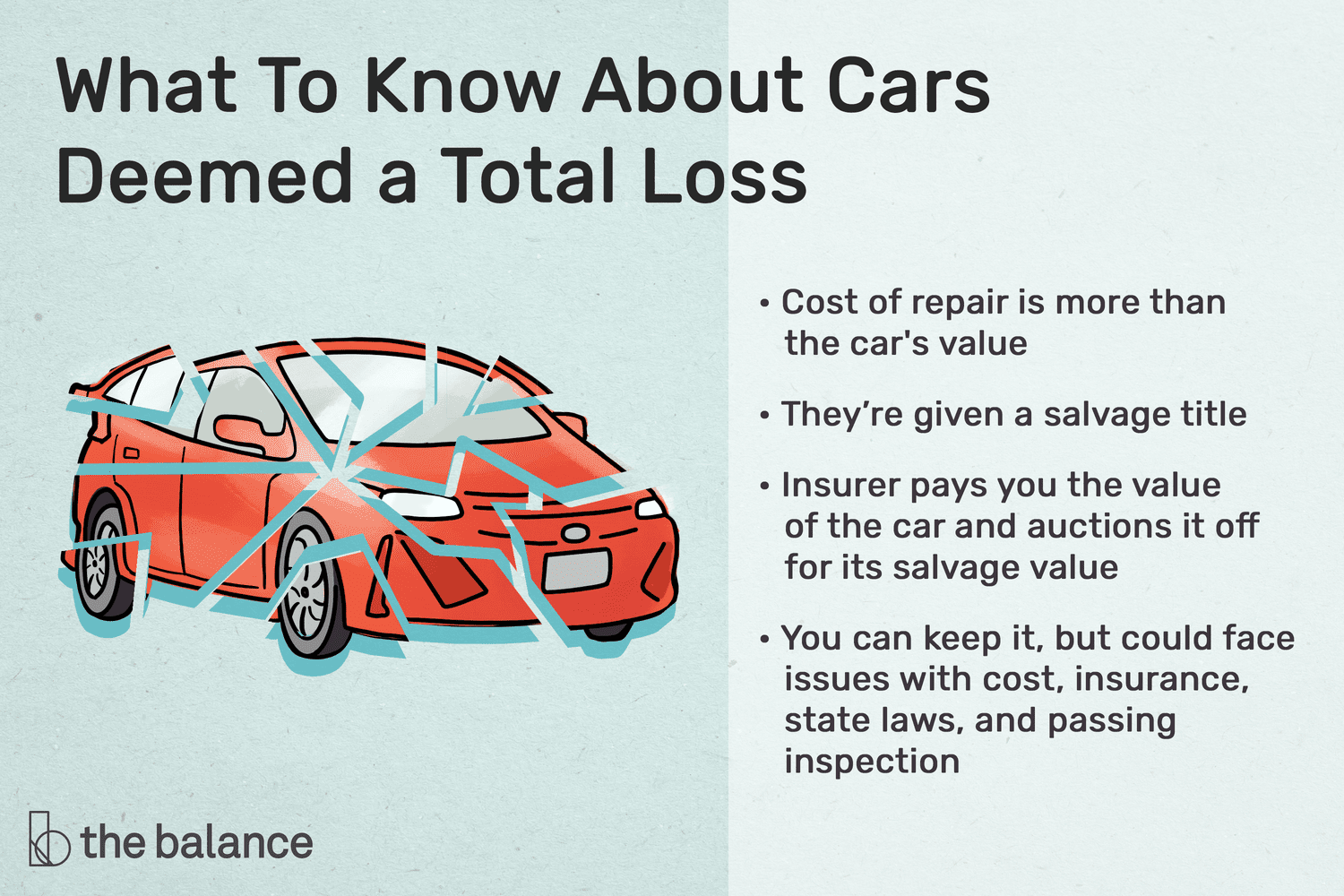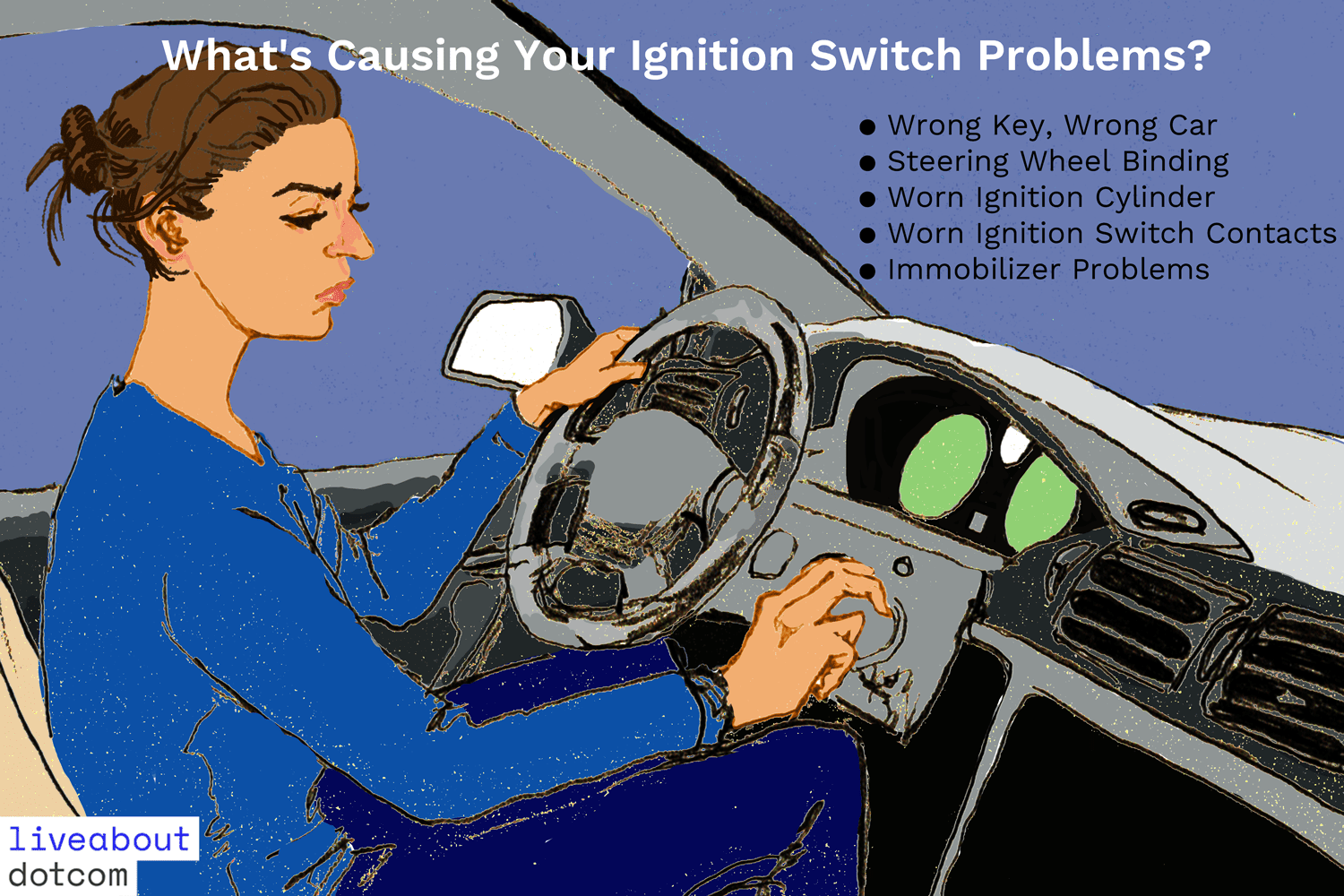Can a Bad Radiator Cause a Misfire
A bad radiator can indirectly lead to a misfire by causing engine overheating. Misfires typically stem from ignition or fuel system issues, not directly from the radiator.
Car maintenance is crucial for ensuring the smooth operation of your vehicle. One essential component under the hood is the radiator. Its primary function is to keep the engine cool by dissipating heat. A radiator in poor condition can fail to regulate the engine’s temperature.
This might trigger a series of thermal stresses capable of exerting additional strain on engine components. If the engine overheats significantly, it can compromise the ignition system or fuel delivery, leading to a misfire. While the radiator itself doesn’t spark a misfire, its failure to maintain optimal engine temperature creates a domino effect, ultimately impairing the vehicle’s performance. Regular checks and prompt radiator repairs are vital to dodge such systemic engine problems.
The Role Of The Radiator In Engine Performance
The radiator plays a vital role in keeping your engine running smoothly. It cools the engine, preventing overheating. A well-maintained radiator ensures the engine performs at its best. Let’s delve into how a functioning radiator impacts your engine’s health.
Ensuring Optimal Engine Temperature
Keeping the engine cool is crucial for performance. The radiator removes heat from the engine. It circulates coolant through the engine block. This process is key for optimal engine temperature. Here are essential points about maintaining the right temperature:
- Prevents engine parts from warping
- Aids in maintaining proper fuel combustion
- Reduces the risk of breakdowns and repairs
With a good radiator, your engine stays within safe operating temperatures.
Consequences Of Radiator Failure
If the radiator fails, your engine could overheat. Overheating is one of the leading causes of engine misfires. Below are the effects of a failing radiator:
- Inconsistent engine temperature
- Poor vehicle performance
- Potential for complete engine failure
Keeping the radiator in good condition can prevent these issues. Regular maintenance is key. A failing radiator may not cause a misfire directly. But it can lead to conditions that make a misfire more likely. By understanding the importance of the radiator, you can ensure your engine keeps firing on all cylinders.

Credit: autorepairseattle.com
Misfires: Symptoms And Causes
An engine misfire can be a puzzling issue for many drivers. It often signals trouble within the engine that needs immediate attention. Understanding the symptoms and causes behind misfires ensures a smoother diagnostic process. This post dives into what drivers should look out for and the common reasons behind these engine hiccups.
Telltale Signs Of Engine Misfires
A misfire manifests through several clear signs. Here is what to keep an eye on:
- Erratic idling: The engine shakes or stalls while idling.
- Sudden power loss: There’s a noticeable drop in engine power.
- Engine sound changes: The smooth hum turns to spitting or popping.
- Poor acceleration: The car struggles when you try to speed up.
- Check engine light: This light often appears on your dashboard.
Common Culprits Behind Misfires
The reasons behind engine misfires are varied. Here are the usual suspects:
- Ignition issues: Faulty spark plugs or wires disrupt the spark.
- Fuel system problems: Clogged injectors or faulty pumps affect fuel delivery.
- Sensor malfunctions: Failing sensors give incorrect data to the engine.
- Compression loss: Worn engine parts prevent proper cylinder compression.
Unraveling The Connection Between Radiators And Engine Misfires
When your car starts shuddering and lacks power, it could be a misfire. Many suspect spark plugs or fuel systems. But could a bad radiator be the real culprit? Misfires create rough rides and increase emissions. They also hurt fuel economy and engine life. Let’s explore the relationship between your car’s cooling system and those mysterious misfires.
Can A Faulty Radiator Lead To Misfires?
A radiator keeps the engine cool. If the radiator fails, temperatures rise. Overheating parts expand more than they should. This puts pressure on the engine causing it to misfire. Let’s look at how this happens.
- Radiator blockage: Limits cooling, overheats engine
- Leaking coolant: Low levels lead to hot spots, causing misfires
- Malfunctioning thermostat: Traps heat, triggering engine stress
Thermal Stress And Engine Components
Engines need a steady temperature. Thermal stress can damage engine parts. Some of these parts include:
| Component | Function | Effect of Overheating |
|---|---|---|
| Spark Plugs | Ignite the air/fuel mixture | Can misfire if overheated |
| Pistons | Transfer force from combustion | Expand and seize in the cylinder |
| Fuel Injector | Deliver fuel into the combustion chamber | Clog or leak under high heat |
An overheated engine will misfire. Essential components can’t handle excessive heat. Parts expand, jam, or break. Regular radiator checks prevent these issues. It could save you from engine misfires — and costly repairs.
Credit: www.quora.com
Diagnosing Misfires: Beyond The Radiator
Vehicle engines are complex. Radiators keep engines cool. Misfires can be confusing. People often blame radiators. Many other parts affect engine performance. Let’s explore possible causes of engine misfires that go beyond the radiator.
Investigative Approaches
Step one: look for trouble codes. Use an OBD-II scanner. Codes can point to specific issues. Fuel systems, ignition systems, and engine timing need checking. Keep a log of symptoms. It helps track down the problem.
- Check spark plugs
- Inspect ignition coils
- Look at fuel injectors
- Test compression
- Examine the timing system
Tools And Techniques For Confirmation
Tools are your friends. A multimeter checks electrical parts. A fuel pressure gauge tests the fuel system. Use a compression tester for cylinders. A leakdown tester finds compression leaks. These tools confirm your suspicions.
Remember: Always follow safety procedures. Work in a well-ventilated area. Keep eyes on the car’s manual.
| Tool | Function |
|---|---|
| Multimeter | Tests electrical components |
| Fuel Pressure Gauge | Measures fuel system pressure |
| Compression Tester | Checks cylinder compression |
| Leakdown Tester | Finds leaks affecting compression |
Tips:
- Always refer to the vehicle’s service manual before using tools.
- Compare readings with manufacturer’s specifications.
- Double-check all connections to avoid false readings.
Addressing Misfires And Radiator Issues
Does your car shake when you turn it on, or seem to lack power?
You might have an engine misfire. A misfire can happen for many reasons.
One less-known cause is a bad radiator. Let’s explore fixes for engine misfires and radiator issues.
Effective Fixes For Engine Misfires
Fixing a misfiring engine requires careful steps.
Here’s a quick guide to get your engine running smoothly:
- Check the spark plugs: Worn out spark plugs often cause misfires.
- Inspect ignition coils: Faulty coils can disrupt engine rhythm.
- Review fuel system: A clogged injector may need cleaning.
- Examine compression: Low cylinder compression needs attention.
- Scan for codes: Diagnostic tools identify hidden issues.
Remember, a cool engine is a happy engine. Overheating from a bad radiator can lead to misfires.
Always check coolant levels to prevent this.
Radiator Maintenance And Repair
Your radiator keeps the engine cool. Don’t ignore radiator maintenance!
Here’s how to keep it in top shape:
- Flush the system: Change old coolant to avoid clogs.
- Look for leaks: Fix leaks immediately to prevent engine heat-up.
- Inspect hoses: Replace any damaged hoses to prevent bursts.
- Check the thermostat: Ensure it regulates the engine’s temperature properly.
Radiator repairs may need a mechanic.
They can spot the tricky issues that cause your engine to misfire.
A well-maintained radiator means a smoother, happier ride.
Preventing Future Misfires
A smooth ride relies on your car’s engine firing on all cylinders. But sometimes, a misfire can disrupt this harmony. A bad radiator may lead to overheating, affecting the engine’s performance. To ensure future misfires are not part of your driving experience, follow some key steps.
Regular Maintenance Schedules
Like a regular health check-up, your car needs consistent care. Stick to a maintenance schedule to prevent misfires.
- Oil Change: Regular oil changes keep the engine parts lubricated and cool.
- Radiator Inspection: Have the radiator checked for leaks and coolant levels.
- Spark Plug Replacement: Worn spark plugs can cause misfires. Replace them as advised.
Understanding Warning Signals Early
Your car communicates through dashboard signals and sounds. Hear a sputter? See a warning light? Do not ignore these signs.
- Temperature Gauge: Monitors your engine’s heat. Rising? Time for a check-up.
- Check Engine Light: The dreaded light often means misfires. Get it diagnosed promptly.
- Performance Issues: Stalling or jerking? These could lead to a misfire. Act fast.
Frequently Asked Questions On Can A Bad Radiator Cause A Misfire
Can A Radiator Issue Trigger Engine Misfires?
A malfunctioning radiator can lead to engine overheating. Overheating increases the risk of engine misfires. This occurs because excessive heat can cause spark plug and ignition issues, disrupting the combustion process.
How Does A Bad Radiator Affect Engine Performance?
A bad radiator can cause engine overheating, which in turn, can lead to decreased engine performance. Specifically, it can reduce power, efficiency, and even damage engine components if not addressed promptly.
What Signs Indicate A Radiator Is Causing Misfires?
Signs of a radiator-related misfire include engine overheating, an unexplained loss of coolant, and poor engine performance. You may also notice a sweet smell, which is typically antifreeze evaporating due to high temperatures.
Is It Safe To Drive With A Failing Radiator?
Driving with a failing radiator is risky. It can cause severe engine damage, including misfires, and potentially leave you stranded. It’s best to address any radiator issues promptly to avoid larger, more expensive problems.
Conclusion
To sum up, a failing radiator can indeed lead to engine misfires. Such issues compromise cooling, causing overheating and stress on engine components. Regular maintenance is key to preventing these problems. Keep radiators in check to ensure smooth engine performance and ward off misfires.
Stay alert to the signs and act swiftly to protect your vehicle’s health.

